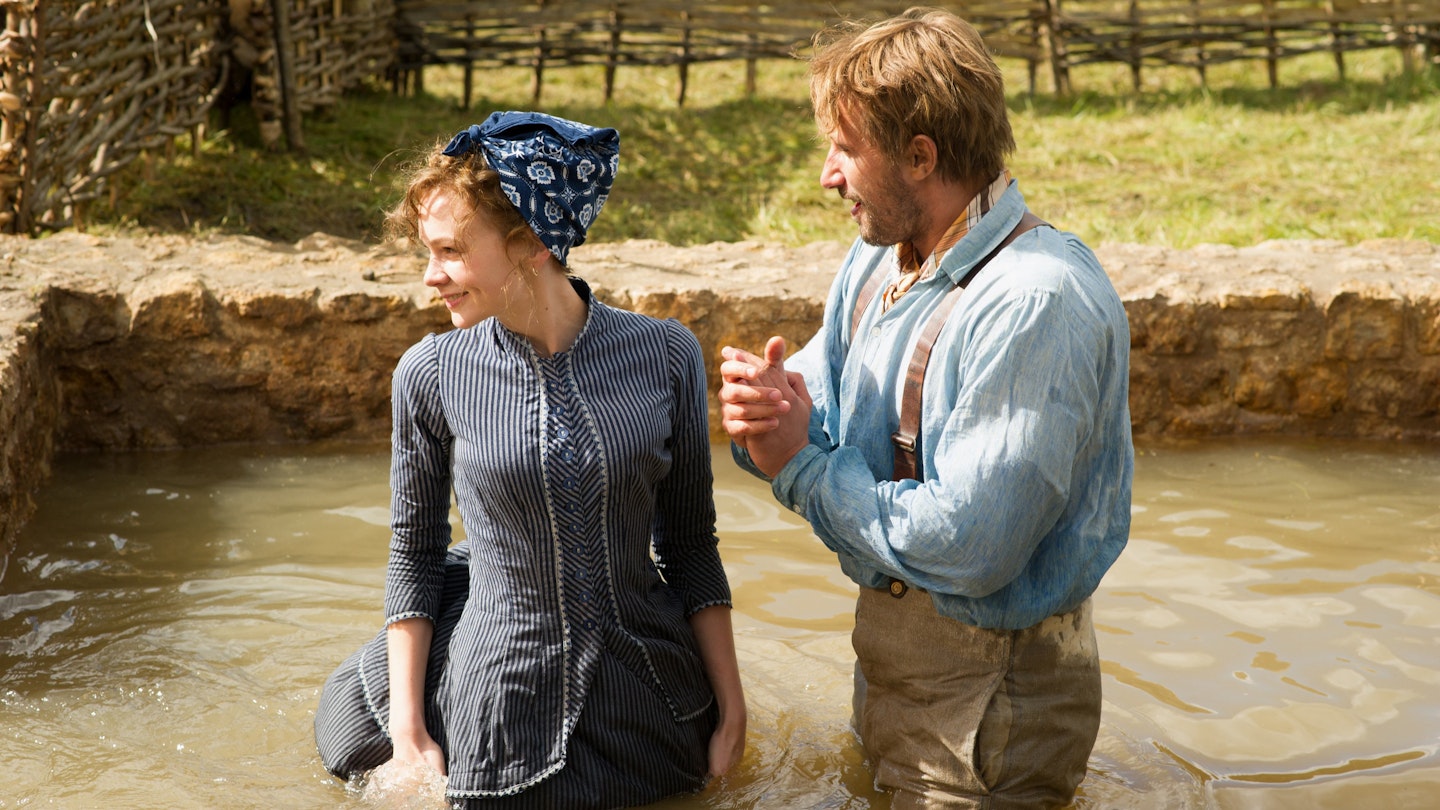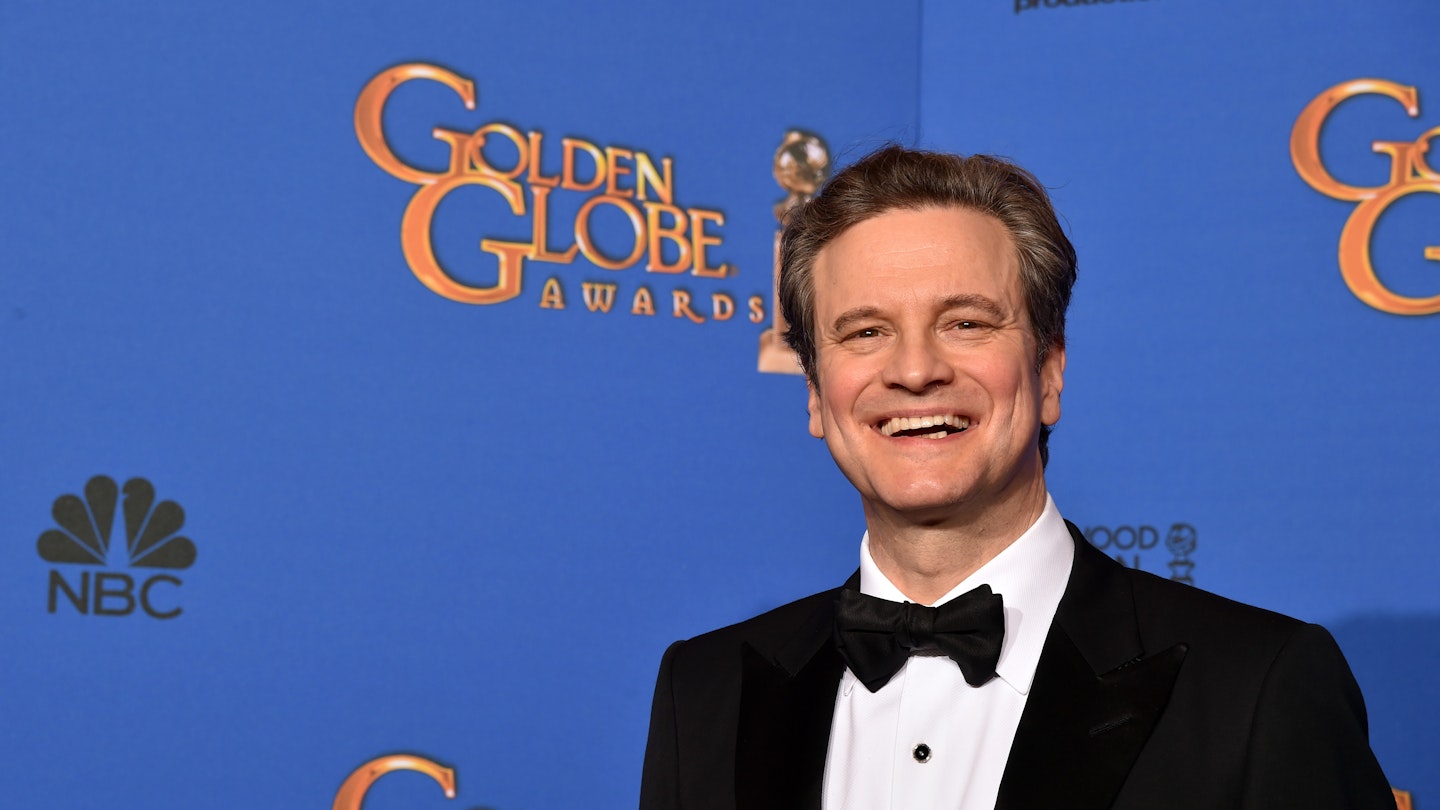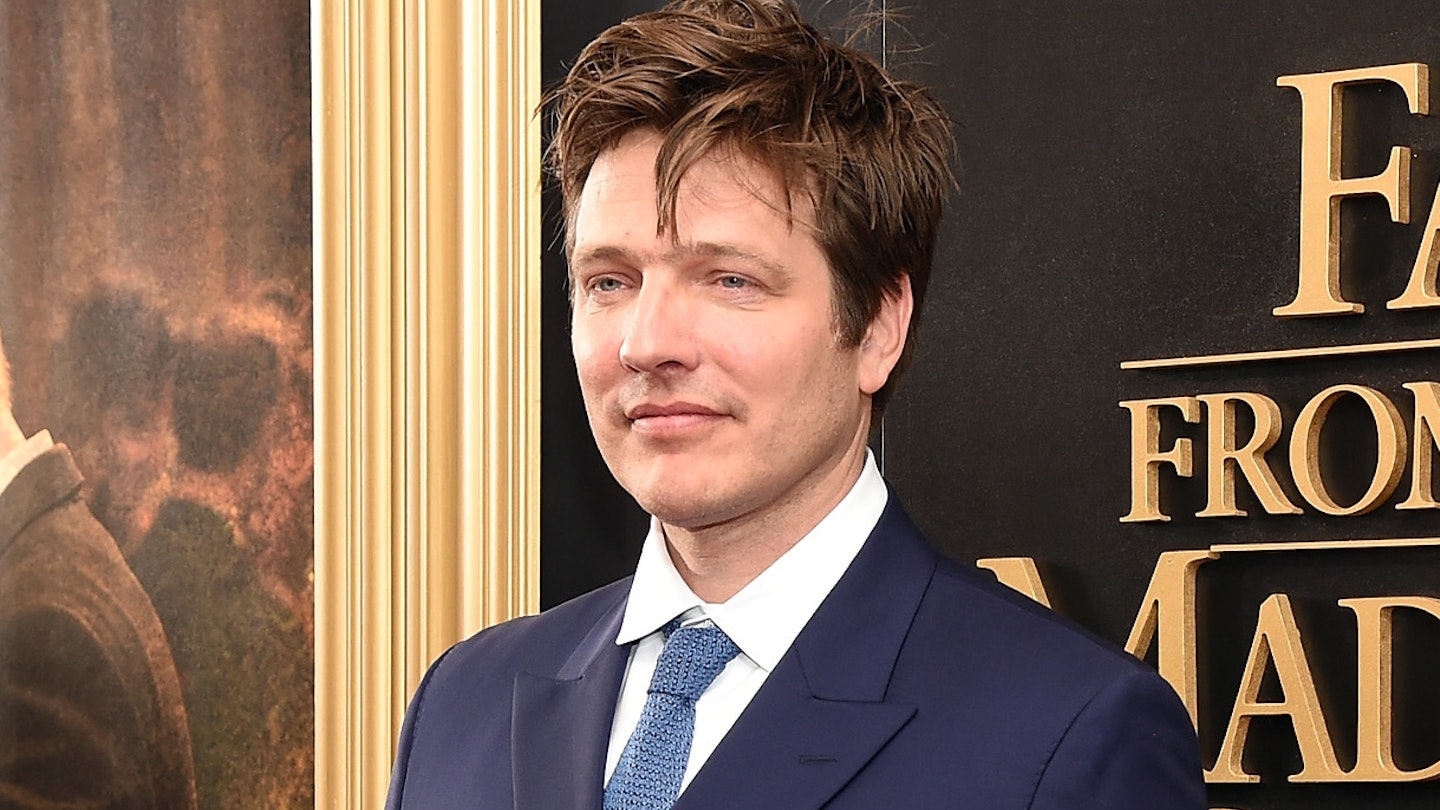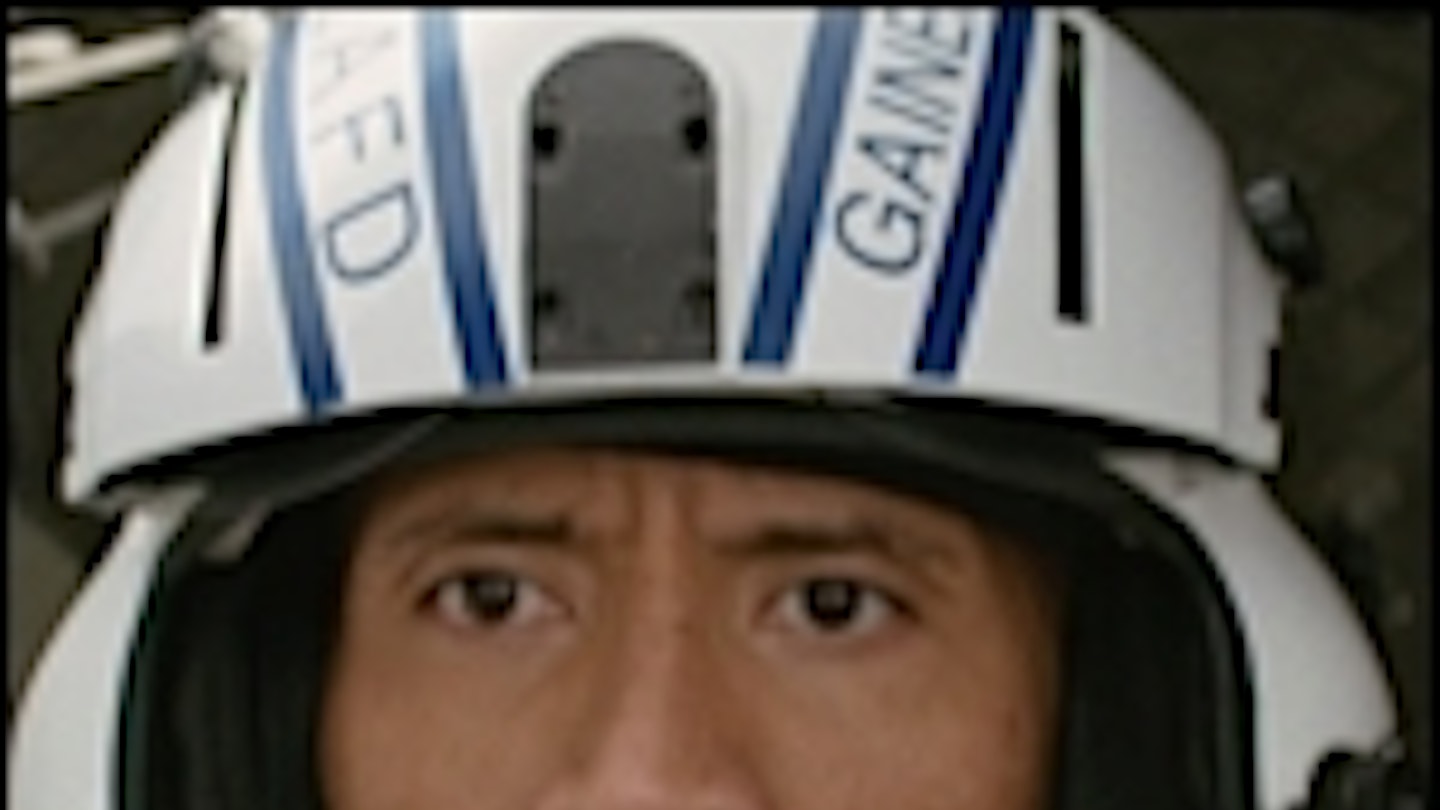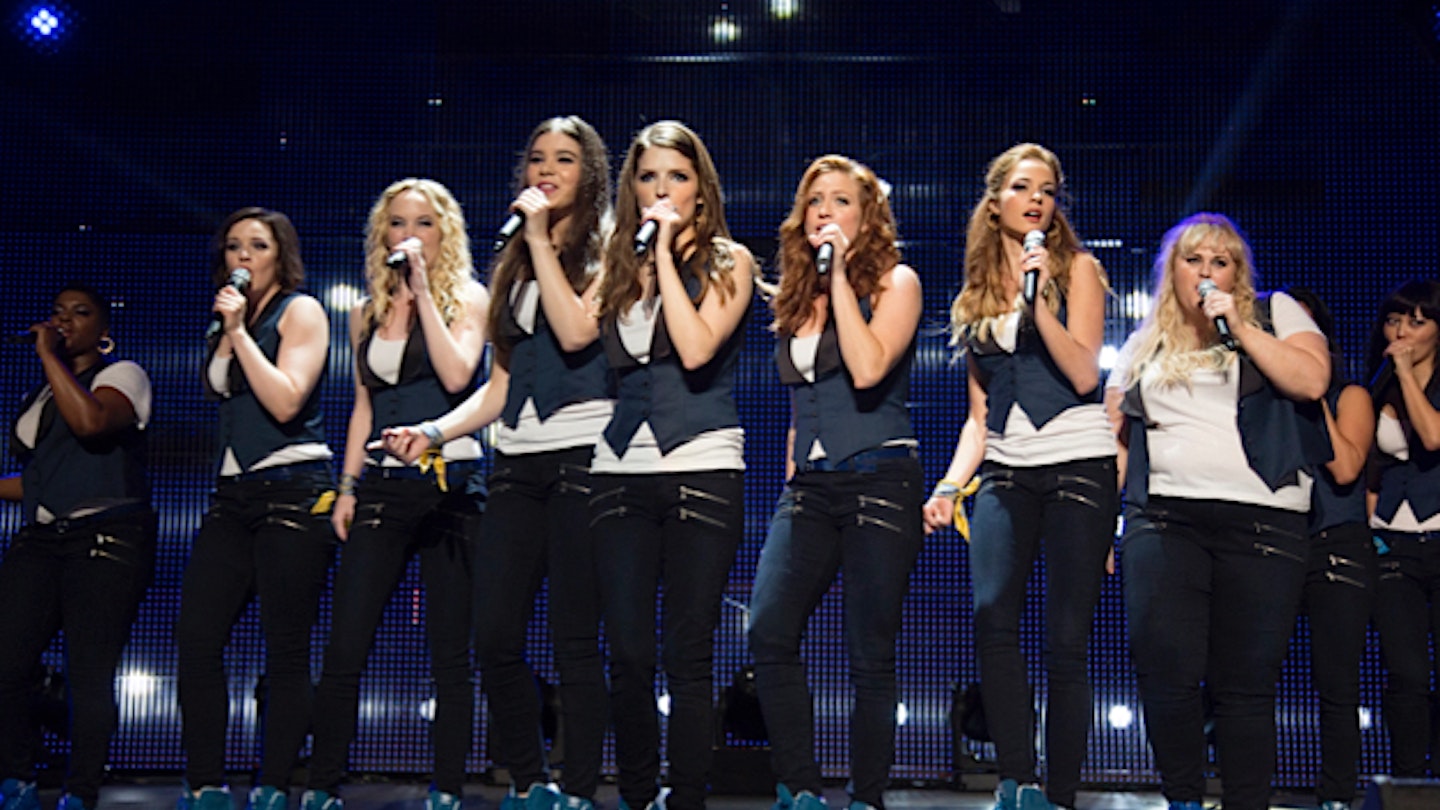Far away from frenzied cities sounds an idyll: pretty baa lambs, rosy-cheeked milkmaids, tidy fields, rowdy harvest feasts. But Thomas Hardy (here pleasingly adapted by David Nicholls) was a country-boy realist with a bleak view of a rural society in decay. Far From The Madding Crowd is usually summarised as something like ‘a proud, passionate beauty arouses the ardour of three men’. But the thing is, proto-feminist heroine Bathsheba Everdene only has three men to choose from, so limited is their little world, so rigid the social constraints.
When Carey Mulligan’s Bathsheba gallops on in jodhpurs it seems racy for a penniless, Victorian orphan, and a tad previous, unless the story has been updated. But no, ’tis still 1870 in Dorset. Her ensemble might be shorthand for headstrong and untamed. As soon as she’s in a dress, Matthias Schoenaerts’ solid Farmer Oak, with whom she has exchanged lingering glances, proposes. She is socially his inferior but rejects him, declaring, “I don’t want a husband. I’d hate to be somebody’s property.”
Thus she embarks on making her way in a man’s world. Mulligan does so winningly, with pert charm and lively intelligence, while more plausibly turning a hand to farming than the exquisite Julie Christie managed in John Schlesinger’s 1967 film of the novel. Bathsheba is always a likable heroine, one who learns from her mistakes. She rues both the prank that undoes Michael Sheen’s lonely, repressed Boldwood and her blind surrender to Tom Sturridge’s Sgt. Troy, the eroticism unconcealed in the famous seduction of her by his display of swordsmanship.
It’s all up director Thomas Vinterberg’s street, sharply focused on characters’ turbulent, passionate inner lives amid all that nature, fate and convention inflict on them. Where, arguably, it may be said to be superior to the Schlesinger film is in clarifying the class distinctions that so pained Hardy. But given that Schlesinger’s recently restored, re-released film looms so large, this was a brave undertaking and has turned out vastly better than one dared hope.
